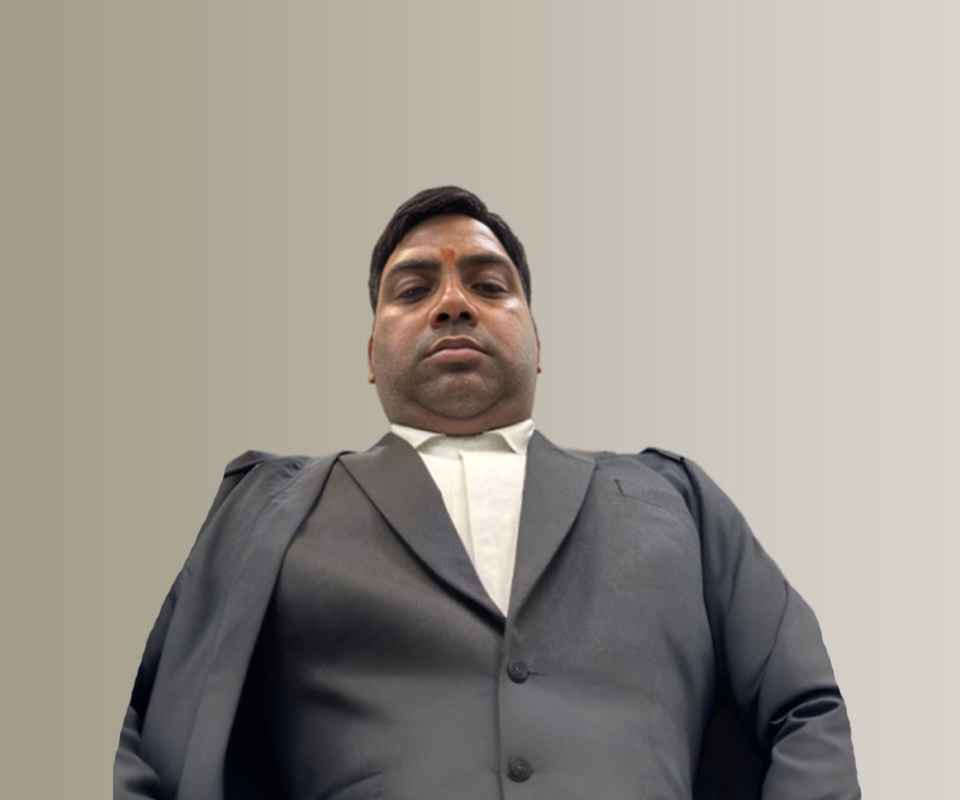Answer By law4u team
In India, the question of whether a child can refuse the appointment of a particular guardian depends on the age and maturity of the child and the best interests of the child. While there is no specific statutory provision under the Guardians and Wards Act, 1890 that explicitly allows a child to refuse a guardian, the child's wishes are taken into account, especially as they grow older and become more capable of expressing preferences.
Key Considerations:
Age and Maturity of the Child:
No Fixed Age Limit: There is no fixed age under Indian law where a child can automatically refuse a guardian. However, the court may start considering the child's wishes more seriously once they are around 12 years old, or when they are deemed capable of forming an opinion based on maturity, understanding, and emotional development.
General Practice: Courts tend to give significant weight to the child’s preference as they approach adolescence, but the child's age alone does not determine whether their refusal will be upheld. Courts will assess whether the child is mature enough to make an informed decision.
Best Interests of the Child:
Regardless of the child’s wishes, the best interest of the child is the overriding principle for courts when deciding on the appointment of a guardian. If a child refuses a particular guardian, the court will examine the reasons for the refusal and whether they are in line with the child’s well-being.
The court may disregard the child’s wishes if they believe that the guardian being rejected is in the child’s best interest, or if the child’s refusal is based on undue influence or immaturity.
Child's Wishes and Court’s Discretion:
When a child expresses a preference for a particular guardian, the court may take this into account but will not automatically act on it. In cases of dispute, the court will weigh factors like the relationship between the child and the proposed guardian, the guardian's ability to provide care, and any evidence of abuse or neglect.
For example, if a 14-year-old child prefers to stay with one parent over the other, the court may consider their preference, but will also look at the broader circumstances, such as the emotional, physical, and financial environment each parent can provide.
Guardianship in Case of Disputed Appointments:
In cases where multiple guardians are proposed and a child over a certain age refuses one or more of them, the court may hold an inquiry or hear testimony to understand the reasons behind the refusal. The child’s views, expressed either directly or through a representative or counselor, may be taken into consideration.
The court will likely conduct an investigation to determine if the child’s choice of guardian is in their best interest, and whether the proposed guardian can provide a safe, stable, and supportive environment.
Example:
If a 15-year-old child expresses a strong preference not to live with a grandparent who has been proposed as a guardian, and the child prefers to stay with a close aunt, the court will listen to the child’s wishes. However, if there are concerns regarding the aunt's ability to care for the child or the grandparent’s capacity to provide the best environment, the court may still appoint the grandparent as the guardian if it is deemed to be in the child's best interest.
Legal Precedents:
Courts in India have considered the views and preferences of children in custody cases, though they are not legally binding. For example, in cases of child custody following divorce, children over the age of 12 may have their preferences considered, but the court will still focus on their overall welfare.
International Considerations:
In some jurisdictions, children as young as 12 or 14 years old can legally express a preference about their guardian or custodial arrangement. For example, in some Western countries, children are given more autonomy to choose with which parent or guardian they wish to live after a certain age.
Conclusion:
In India, while there is no specific legal provision that allows a child to outright refuse a guardian, a child's preferences are taken into account as they grow older, particularly once they are considered mature enough to make an informed decision, generally around the age of 12 or older. However, the best interests of the child remain the paramount factor. Courts will carefully assess the reasons for the child's refusal and balance them with the overall welfare of the child, which includes considering the suitability of the proposed guardian and the child’s safety, well-being, and emotional needs.







